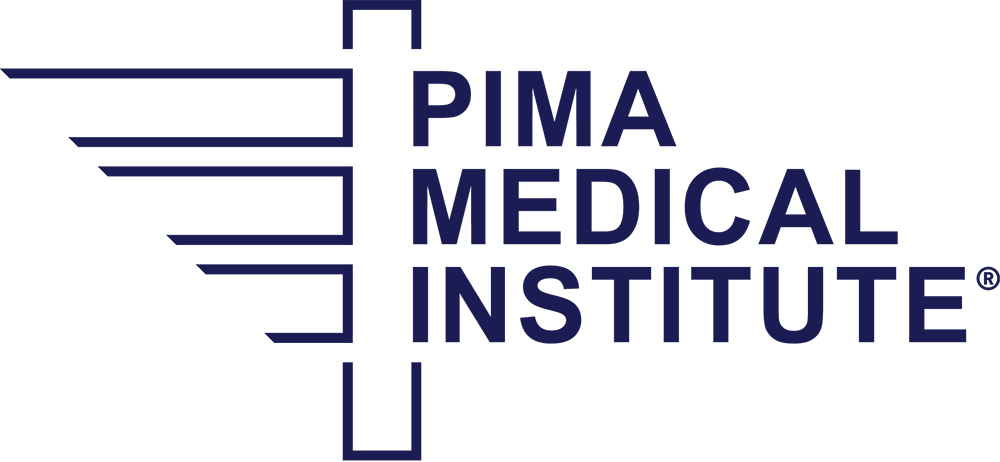DRUG AND ALCOHOL ABUSE PREVENTION
Pima Medical Institute aims to provide an environment of academic success, health, and safety for students, employees, and visitors. All Pima Medical Institute locations are drug- and alcohol-free, prohibiting the consumption of alcohol or use of drugs while on campus or at an off-campus site where education is delivered such as an extern or clinical education facility.
PMI’s Drug and Alcohol Policy
Sanctions for Violation of the Student Conduct Policy
PMI will impose sanctions on students and employees for violations of the drug and alcohol standards of conduct consistent with federal, state, local law, and campus policy. Consistent with the severity of the violation, sanctions may include:
- reprimand and warning.
- substance abuse counseling, treatment, or rehabilitation program.
- immediate termination of enrollment or employment.
- referral to local law enforcement agencies for prosecution.
Health Risks
The use of illicit drugs and alcohol erodes the capacity to perform, think, and act responsibly. Long-term abuse can have a profound effect on a person’s health and well-being. Any form of such substance abuse is considered to create an extreme danger in the school to both students and others. It can be grounds for termination of enrollment or employment at this institution. More information can be found regarding Drugs of Abuse on the Drug Enforcement Administration (DEA) website.
State Laws
Local, state, and federal laws provide for a variety of legal sanctions and penalties for the unlawful possession, use, or distribution of illicit drugs and alcohol. PMI enforces a “zero tolerance” policy regarding underage drinking and will enforce state underage drinking laws on its campus premises. (Note: The minimum legal drinking age in the United States is 21, with the exception that in Puerto Rico the minimum legal drinking age is 18.)The consumption and/or possession of any alcoholic beverage by any person under the age of 21 is prohibited.
PMI operates campuses in eight different states. Information on each location’s State and Local drug possession, use or distribution laws can be found on the Pima Medical Institute website by following this link:
Expanded State and Local Drug Laws
The links and laws contained in the above document on the PMI website are current at the time of this publication; please note that state laws and regulations are updated and modified frequently.
*Hard-copy versions of the above document outlining State and Local Drug Possession and Distribution Laws will be provided upon request from the campus Student Services Coordinator*
PMI operates in states which have adopted recreational and medical marijuana laws. PMI follows these laws but does remind students, employees and visitors that these laws do not supersede federal law or, generally, permit students or employees to be at school or in the workplace in an impaired state.
Federal Penalties and Sanctions for Illegal Possession of a Controlled Substance
The Federal Controlled Substances Act specifies penalties, for a first offense individual involved in the unlawful manufacturing, distribution, or possession with intent to distribute narcotics, of not fewer than 10 years or more than life imprisonment and a fine up to 4 million dollars, or both. The penalty for simple possession, knowingly or intentionally possessing a controlled substance, is imprisonment up to one year and a minimum fine of $1000, or both. Penalties for unlawful distribution of a controlled substance to a person under twenty-one (21) years of age is imprisonment or a fine, or both, up to twice that established for distribution offenses. More information regarding Federal Trafficking Penalties can be found on the Drug Enforcement Administration (DEA) website.
Additional resources are made available through the Drug Enforcement Administration and may be viewed at dea.gov
Drug and Alcohol Abuse Prevention Program
PMI recognizes drug and alcohol dependency to be an illness and a major health problem. The institution also distinguishes drug abuse as a potential health, safety, and security problem. Prevention and early intervention strategies can reduce the impact of substance abuse. PMI students and employees are provided information during orientation regarding the PMI drug and alcohol prevention program and are encouraged to seek assistance when needed. PMI will annually distribute in writing to each student and employee a description of the health risks associated with the use of illicit drugs and alcohol, standards of conduct, sanctions under federal, state, local law, and campus policy, information on preventing drug and alcohol abuse, and available counseling and treatment options.
Students needing assistance in dealing with drug/alcohol dependency are encouraged to utilize the Student Assistance Program and/or make contact with campus student services who can provide confidential counseling referrals, assistance, or information. Employees needing assistance in dealing with such problems are encouraged to utilize the Employee Assistance Program or other appropriate counseling services. Conscientious efforts to seek such help will not jeopardize employment. Several appropriate resources are available and may be contacted directly for assistance.
